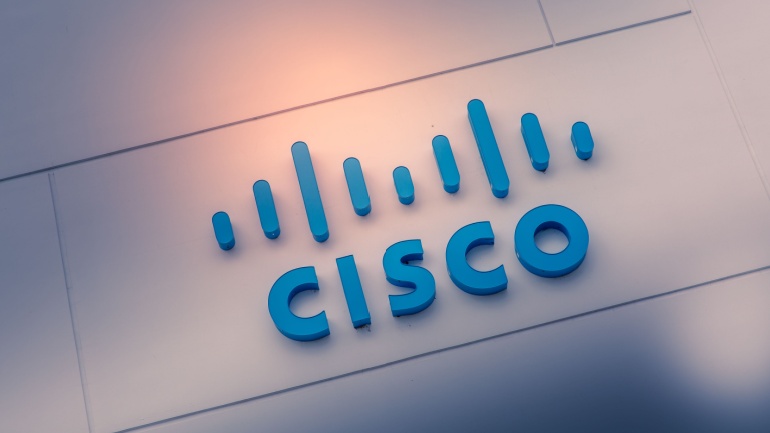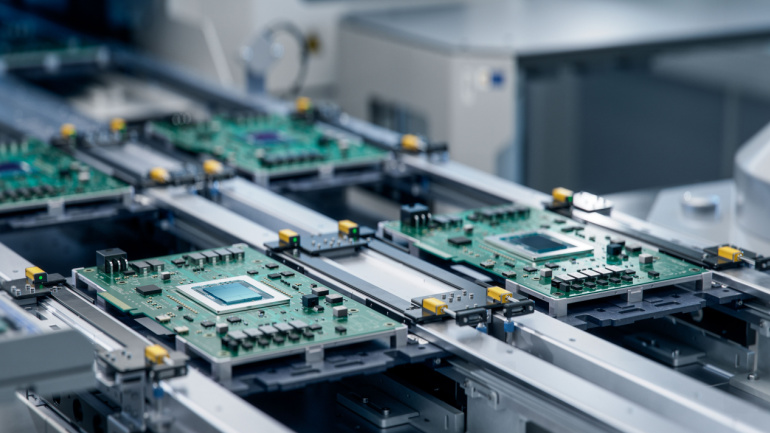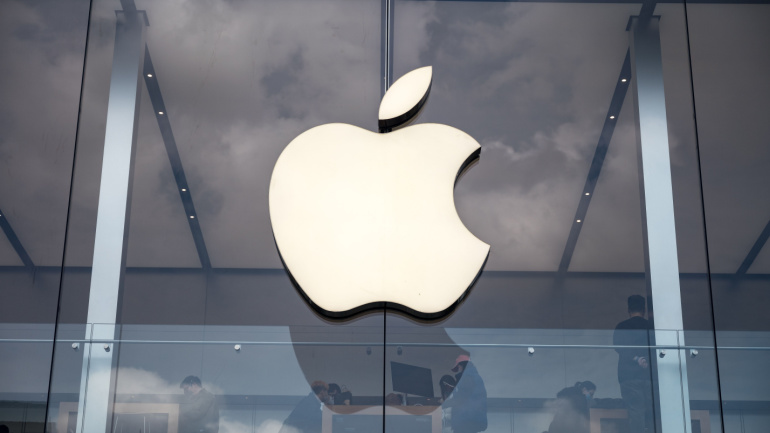Softbank, the Japanese telecommunications giant, is gearing up to bolster its supercomputing capabilities in a bid to support its ambitious generative AI (GenAI) strategy. As reported by Nikkei, Softbank plans to allocate JPY150 billion ($960 million) over the next two years towards upgrading its computing infrastructure, a significant leap from the JPY20 billion invested last year.
The UK Competition and Markets Authority (CMA) has raised alarms regarding the possibility of a collusion among a handful of American tech giants, aiming to manipulate the AI market in their favor. The focus of their worry centers on the control exerted by these companies over the development and commercialization of foundation models (FMs), with Open AI’s GPT being a prominent example.
The transformative growth of AI is undeniably impressive but raises several concerns. Despite their potential for innovation, GenAI advancements could blur the line between fact and fiction, adding to the challenge of distinguishing authentic information. NTT calls for flexible but robust regulations to manage potential threats to trust and democracy, citing the need for education, copyright updates, and content labelling.
At Enterprise Connect, Cisco (NASDAQ: CSCO) today unveiled new purpose-built, multifunctional devices that deliver modernized collaboration experiences to today’s hybrid workforce. The company announced the launch of the Cisco Board Pro G2, an AI-fueled and touch-enabled collaboration device and Cisco Desk Phone 9800 Series, designed to bring a modern and personalized productivity hub to any desk.
Nokia has enhanced its WaveSuite optical network platform. Companies across various industries are increasing their investment in artificial intelligence. Ericsson launched EFTG to drive 5G advancements in U.S. federal agencies for national digital transformation. NVIDIA’s launch of the GB200 Grace Blackwell Superchip promises to revolutionize generative AI’s efficiency and performance.
In the ongoing technological rivalry between the United States and China, Huawei has emerged as a significant beneficiary, particularly in the realm of artificial intelligence (AI). The U.S. government, in its persistent efforts to hinder China’s progress in AI development, has implemented various bans on the sale of certain products from American companies to their Chinese counterparts. The focus of this battle shifted notably to AI over the past year, with China positioning itself as a frontrunner in AI, albeit still relying on U.S. company Nvidia for crucial high-performance chips.
In the narrative of AI revolution, the telecom sector often remains overshadowed. Juniper’s ‘Top 10 Telco Trends 2024’, highlights how AI dominates even in this crossroads digital landscape. However, a critical question evolves – is our telecom infrastructure ready to steer the AI wave? As we plan to create AI-powered golden era, it’s imperative that our static infrastructures are fit for purpose to manage this data deluge.
IDC predicts a promising future for the semiconductor industry, driven by AI advancements and a stock level recovery. With a refreshed outlook signaling sustainable growth, the firm anticipates global chip revenue of $526.5 billion in 2023. Progress can be seen in the revised revenue forecast for 2024, hinting at a 20.2% year-on-year growth to $633 billion.
Exploring Apple’s groundbreaking leap in silicon innovation with their latest M3, M3 Pro, and M3 Max products, it’s evident that personal computer processing is being redefined. Promising substantially expedited rendering times and performance enhancements across the board, Apple offers these not as mere upgrades, but as game-changers in the hardware world. Furthermore, these innovations signal noteworthy shifts in the broader landscape of PC CPU chips, traditionally dominated by Intel and AMD, now facing exciting competition. Dive deeper to discover the impact of these changes in the world of technology.
Iliad, the French telecom operator, steps up to redefine Europe’s AI landscape, unveiling a Nvidia DGX SuperPOD, the first in Europe. Aimed for their Cloud division, Scaleway, it aims to accelerate AI services for businesses while securing a technological edge. Yet, questions on ROI and sustainability lurk amidst innovation.













